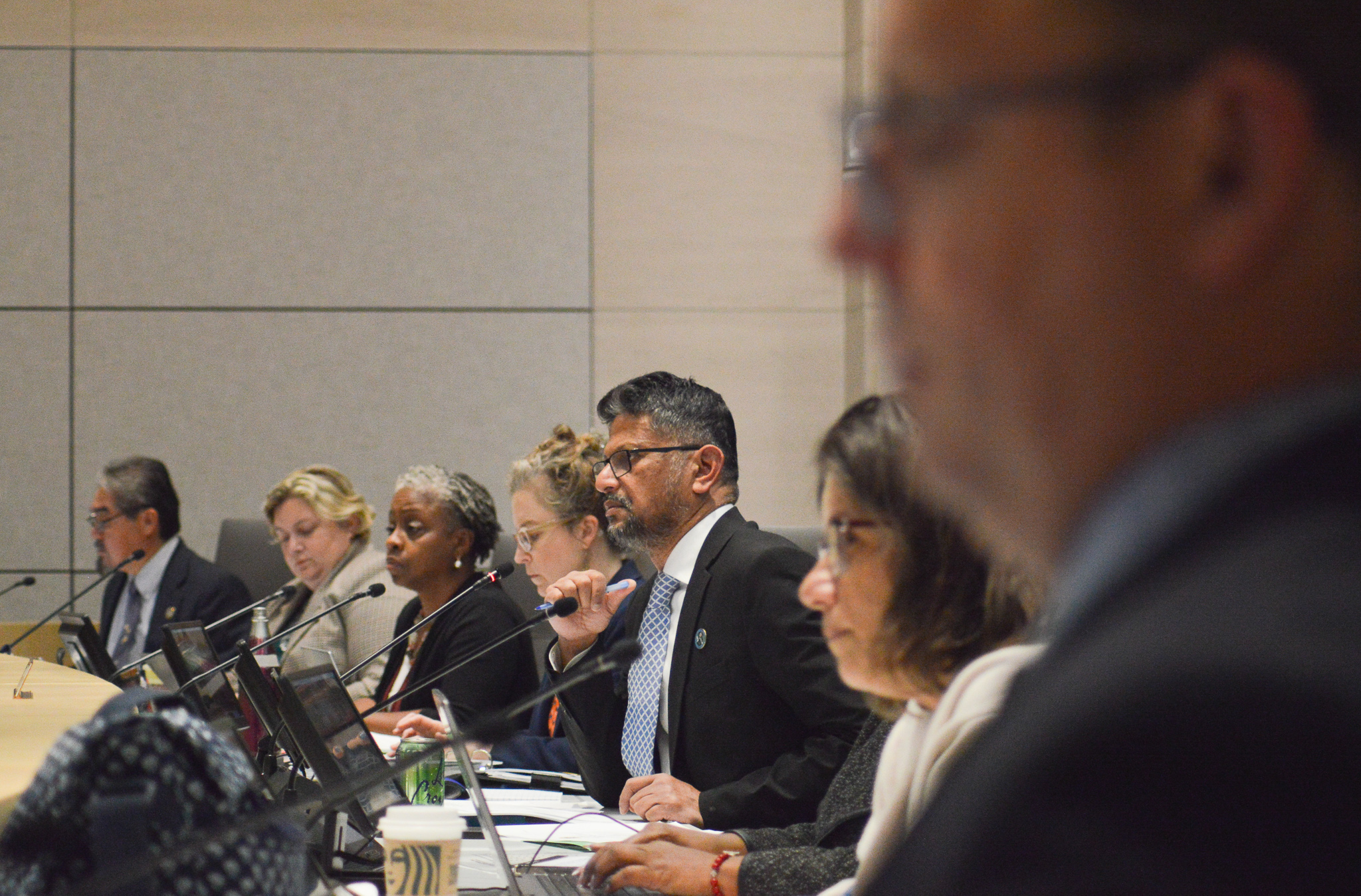College Park could soon see more restrictions on short-term rentals after College Park City Council members expressed concerns about current regulations on Tuesday.
College Park currently regulates short-term and long-term rental properties the same way, with no limit to the number of days per year properties can be rented. But during Tuesday’s meeting, council members discussed proposed laws that would put stricter restrictions on short-term rentals like Airbnbs in the city, standardizing city regulations with Prince George’s County’s.
In 2018, the Prince George’s County Council passed legislation to tax short-term rentals. The same legislation prevents residents from renting out properties for more than 30 consecutive days on platforms such as Airbnb.
According to Suellen Ferguson, College Park’s city attorney, the proposed city laws on short-term rentals would be consistent with Prince George’s County laws.
The city is also looking to model part of its proposed regulations after a Montgomery County law that gives neighbors within 300 feet of a house the ability to object an application for that house to become a short-term rental.
[College Park community land trust celebrates first home purchase]
“[It] allows someone who is within a certain distance of that house to object to any of the factual certifications that are being made by the owner or the host,” Ferguson said. “It gives the residents in that area a little more input.”
College Park doesn’t require registration for short-term rentals, instead relying on county records. Bob Ryan, College Park’s public service director, said this means city officials aren’t sure how many short-term rental properties there are in the city.
In April, the council expressed interest in collecting more information on the number of short-term rentals in the city.
District 3 council member John Rigg said he supports the idea of stricter regulations given the city’s lack of knowledge on who owns these properties.
“They’re relatively modest in terms of size and numbers in College Park,” Rigg said. “ I worry that if there’s growth in this particular sector and we don’t use this opportunity to get a handle on that particular element then we could be in some trouble.”
The proposed regulations could create a streamlined process for dealing with unregistered rentals in College Park. According to Ryan, the city relies on residents to report suspected unregistered short-term rental properties.
The process of bringing an unregistered house’s owner to court can often take months, Ryan said.
[UMD student liaisons discuss student concerns, encourage city election turnout]
University of Maryland students and others who sublet College Park apartments over academic breaks may have their properties viewed as short-term rentals if the new laws are instituted, according to Ferguson.
“If they’re running it as a short rental for 10 days at a time then it becomes a short-term rental,” said Ferguson. “Otherwise it’s going to be considered a standard rental.”
Current flaws in the system have prompted concerns that council members are hoping more stringent standards will remedy.
When a short-term rental changes owners, the city requires a new rental occupancy permit, Ryan said. But District 4 council member Denise Mitchell said she knows of properties that are not in compliance with this guideline.
“If we’re stating here that they have to acquire a new permit, I think that we need to do some due diligence and research,” Mitchell said.
If the new regulations are proposed as an ordinance at a future council meeting, council members could vote to make them city law.



